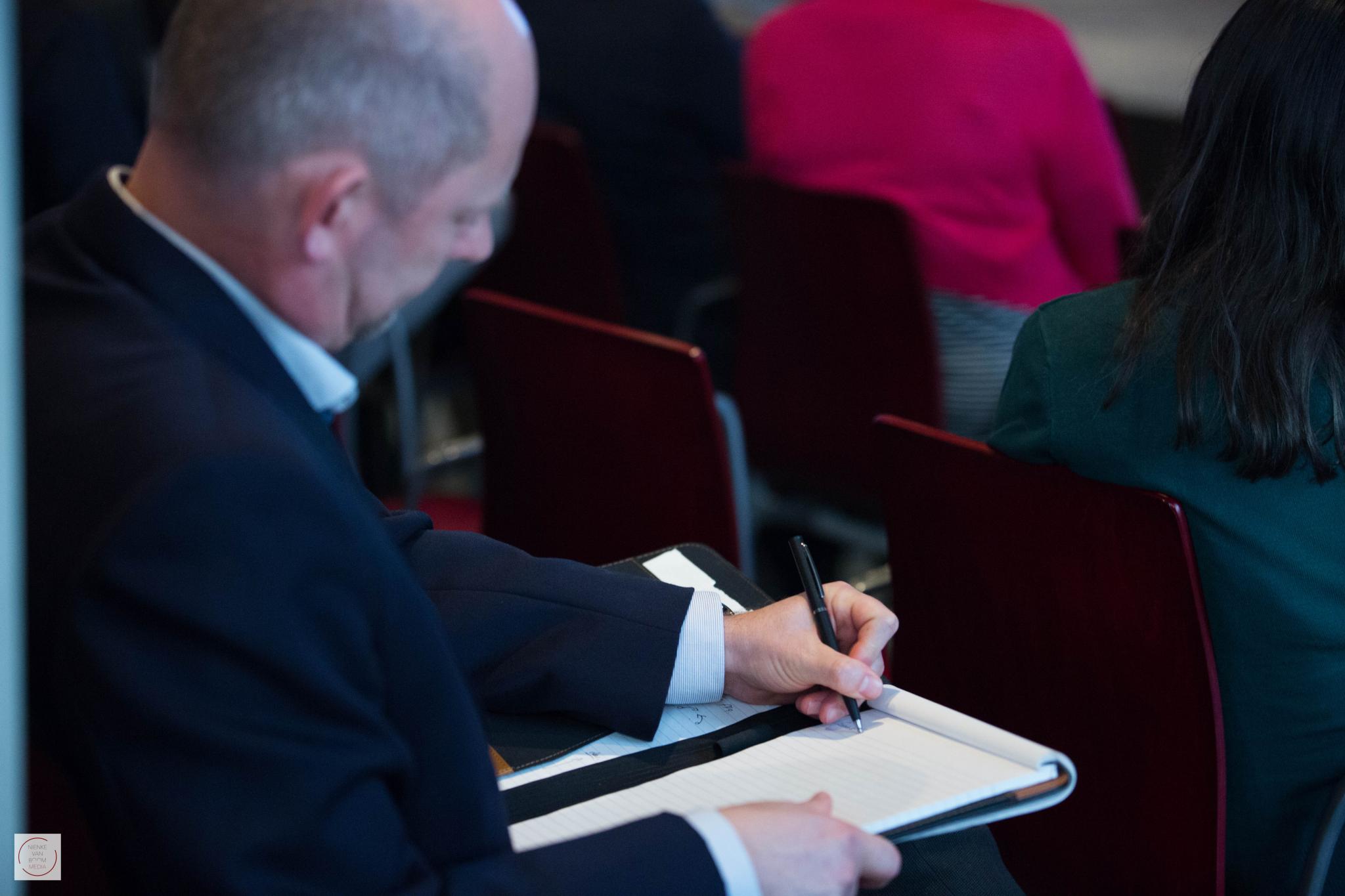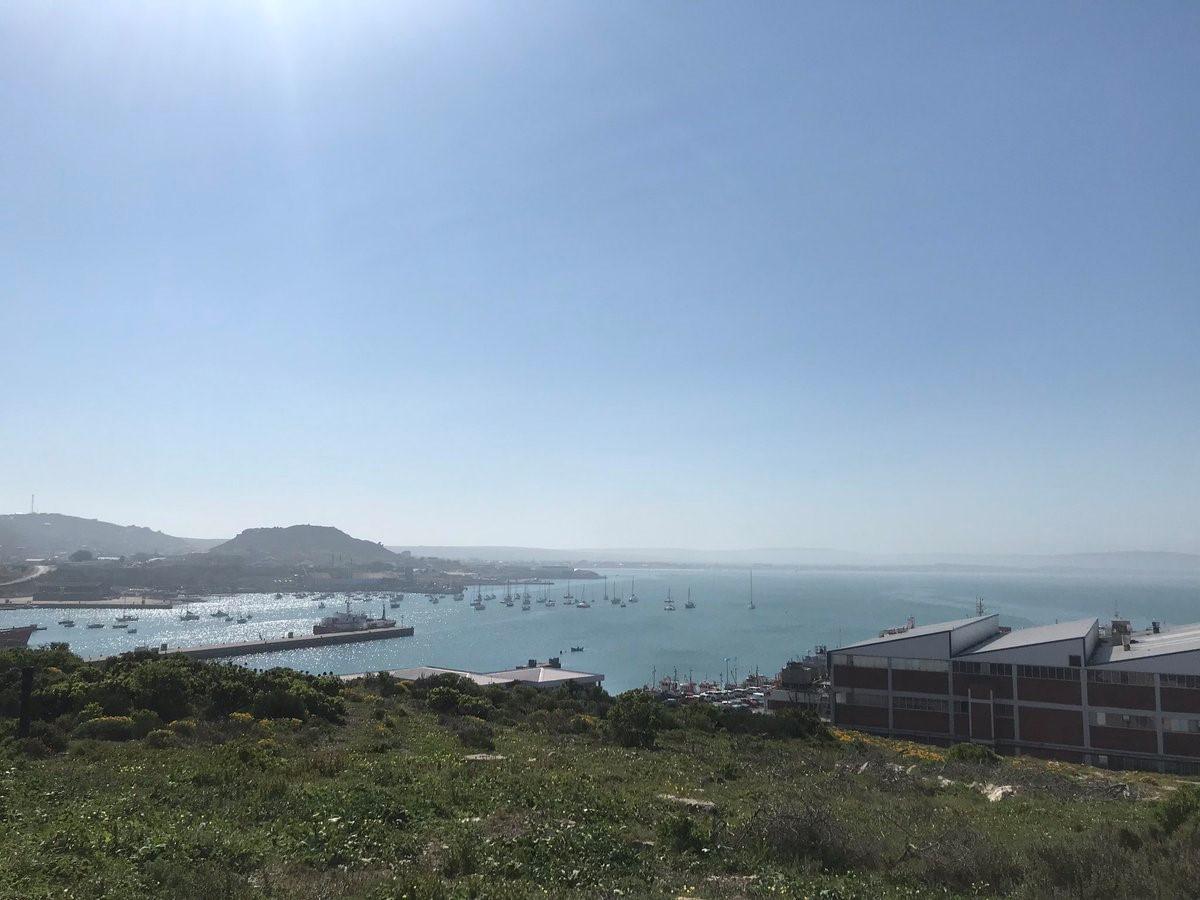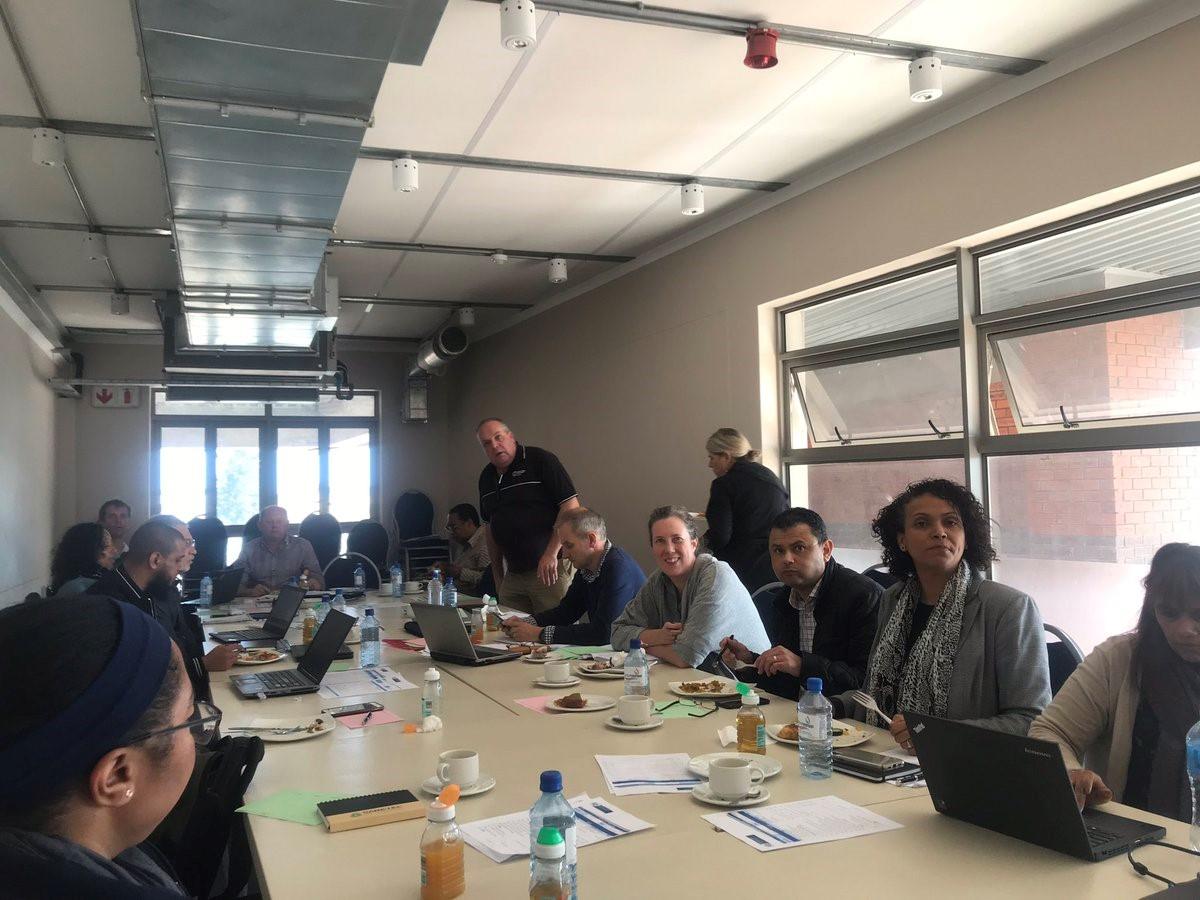Johan’s research focuses on how to address the wicked 
problem of exclusion in South Africa, related to the country’s triple challenge of poverty, unemployment and inequality. The study examines the use of the Blue Economy, as a new transformational and inclusive development approach, to tackle above-mentioned problems.
His research activities include the defining and critiquing of the Blue Economy notion;
investigating transformational pathways and innovative actions in two selected case studies:
(1) Saldanha Bay Industrial Development Zone (SBIDZ) and
(2) Saldanha Bay Aquaculture Development Zone (SBADZ)

Johan's study also reflects on the Blue Economy discourse(s). The Blue Economy is primarily linked to ocean-based sectors and actors who are considered as the future enablers of innovation (innovation hubs), good business (multi-stakeholder partnerships), sustainable livelihoods and responsible use of natural capital.
He was invited as an expert discussant on “Blue Economy, Inclusive Industrialization and Economic Development in Southern Africa” at the United Nation’s Economic Commission for Africa’s 24th Session of the Intergovernmental Committee of Experts for Southern Africa, held in Mauritius (18 – 21 September 2018).
Prior to setting his sails on a PhD voyage, he lectured at Stellenbosch University, after some time in the private and public sectors. His professional career includes managerial positions at the World Bank Group, associated with various development programmes in South Africa and Zambia. He holds a Masters in Transport Economics, an MBA and a PGD in Development Finance. His PhD study is supervised by prof. dr. Peter Knorringa and dr. Jan Fransen.

Reflecting on his research, Johan commented as follows: “I work with various interlocutors and multi-stakeholders who lead, innovate and create new opportunities to address the challenges associated with exclusion. By doing action research one is constantly sensing the importance and impact of such actions; the tension of conflicting ideas and agendas; and how excluded actors are (un)knowingly marginalised. The Blue Economy concept is much more than achieving a socio-economic-ecology balance in the ocean economy, it is also about addressing cultural exclusion, natural resource accountability and equality for all stakeholders.”
